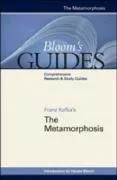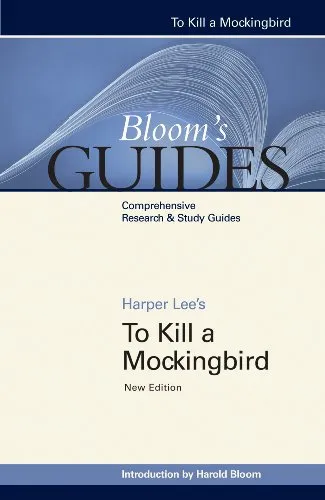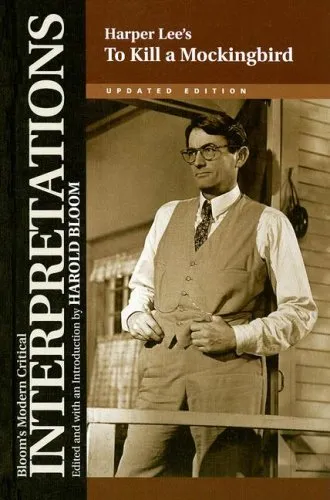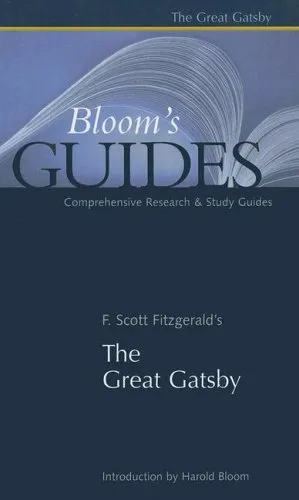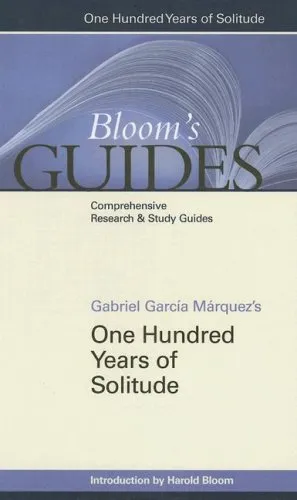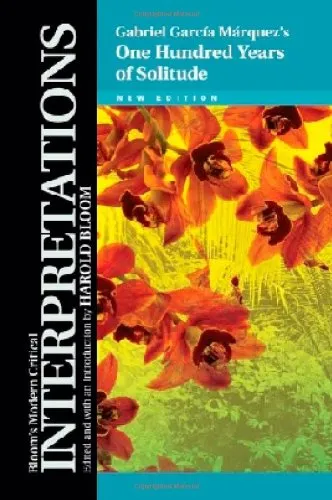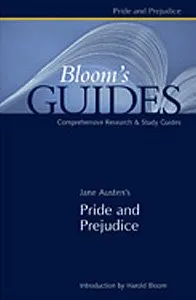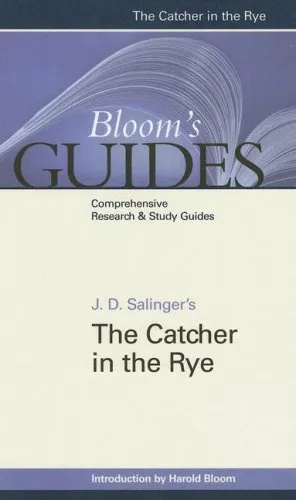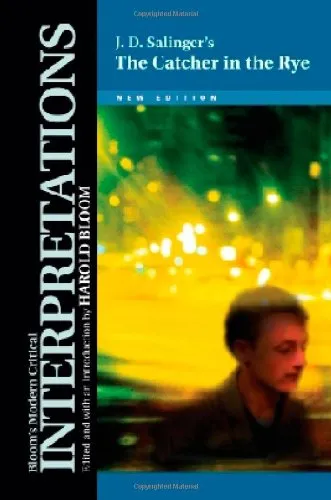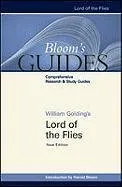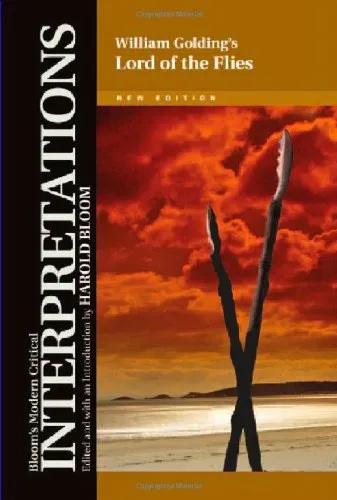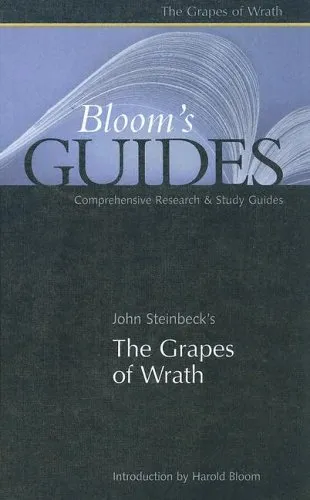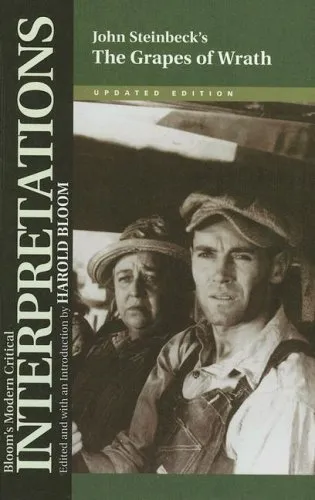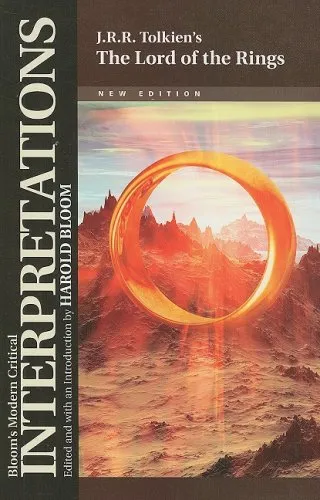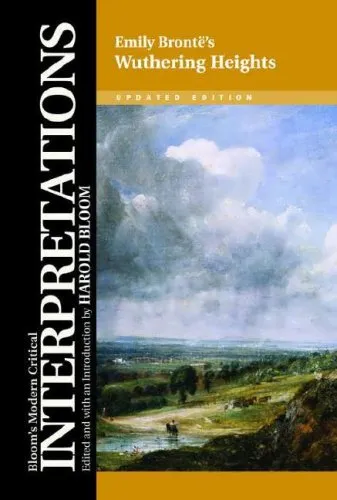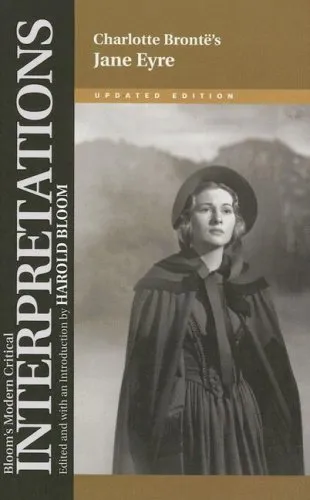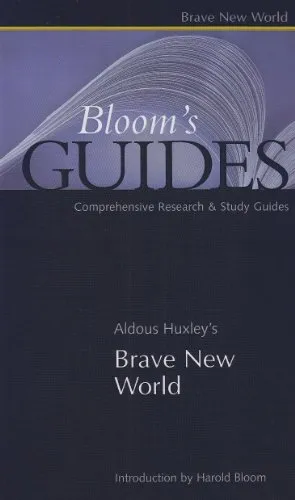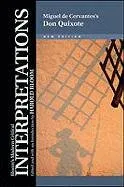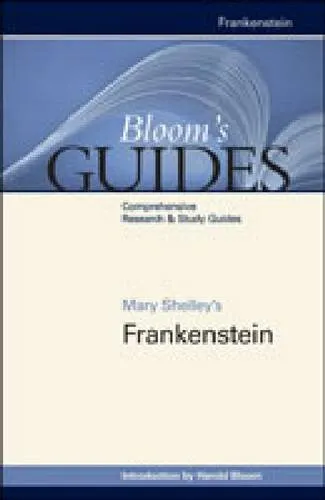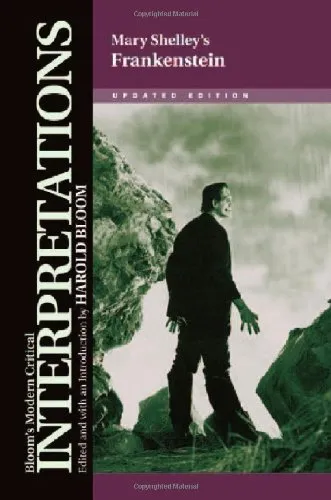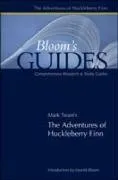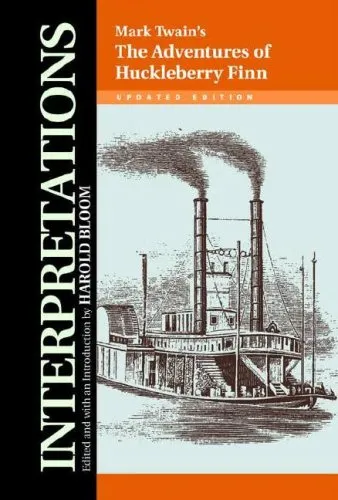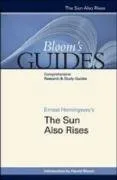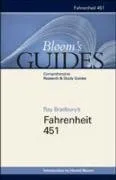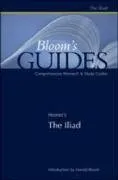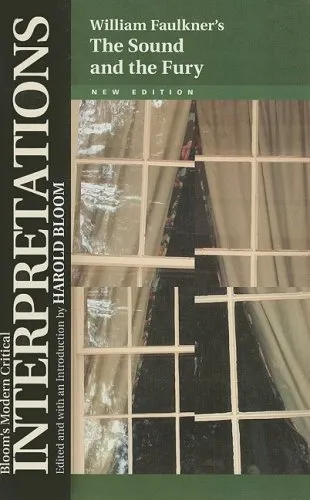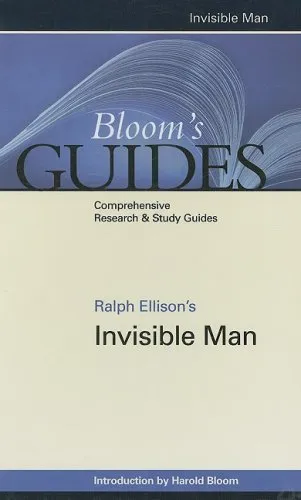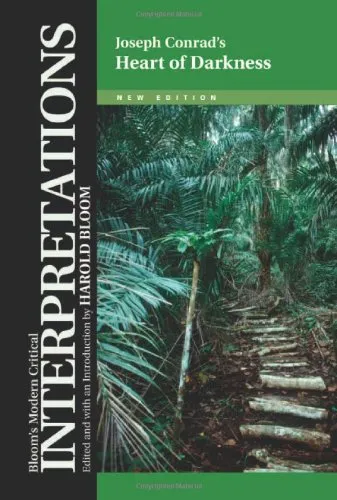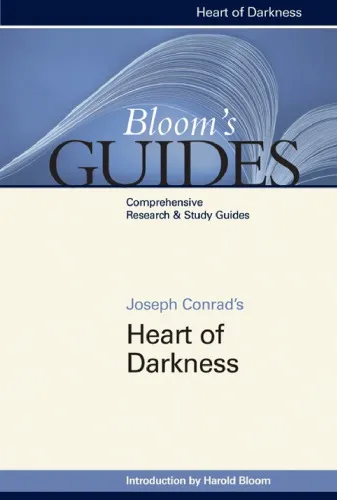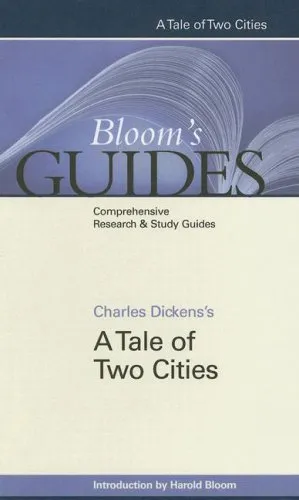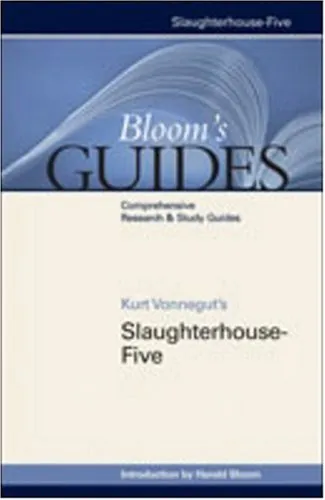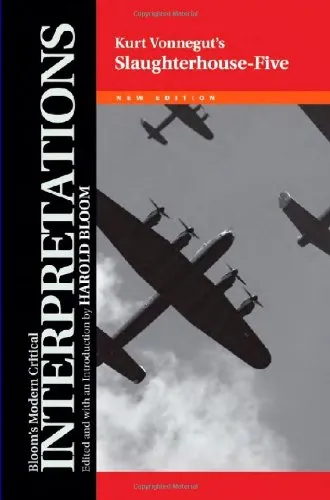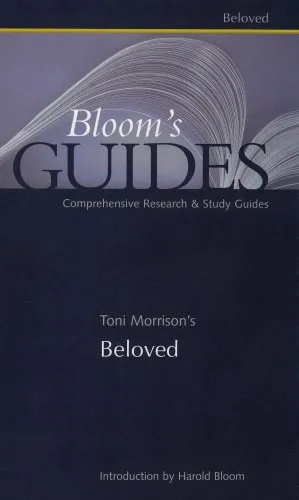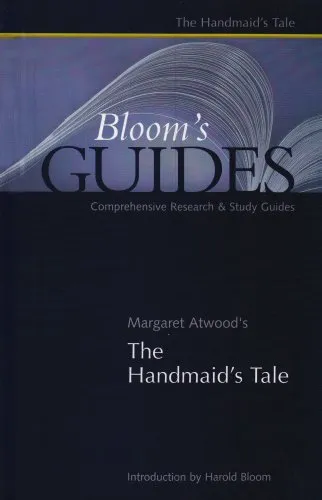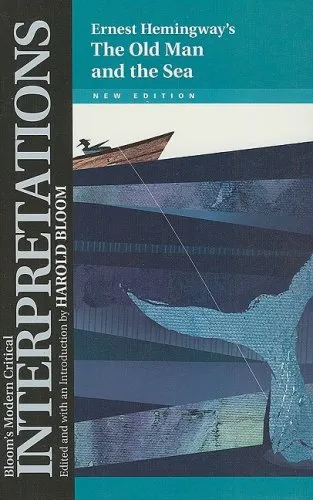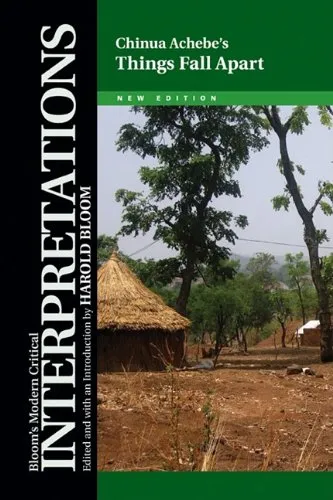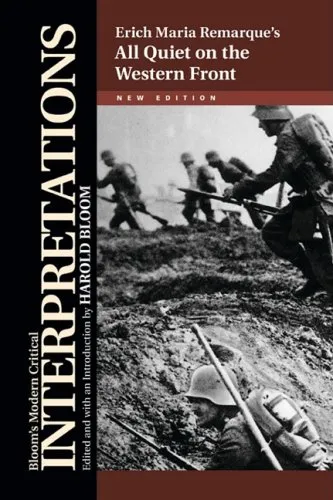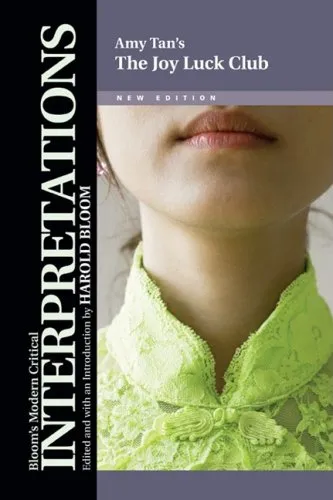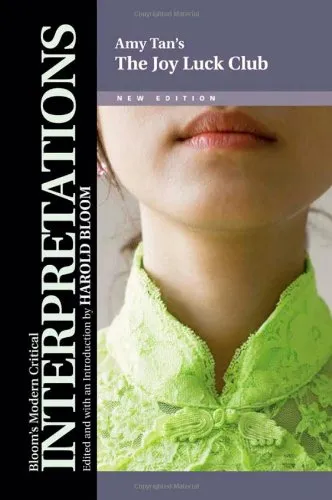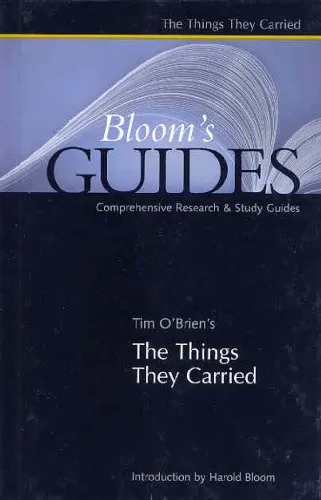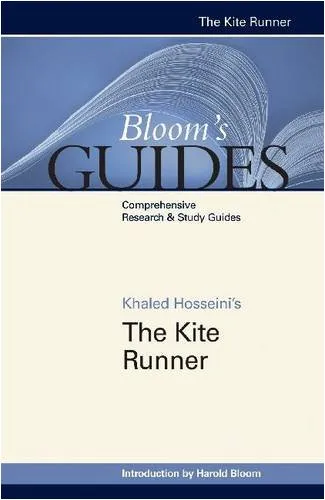Franz Kafka's The Metamorphosis (Bloom's Guides)
3.9
Reviews from our users

You Can Ask your questions from this book's AI after Login
Each download or ask from book AI costs 2 points. To earn more free points, please visit the Points Guide Page and complete some valuable actions.Related Refrences:
Persian Summary
Franz Kafka's "The Metamorphosis" is one of the most influential novellas in modern literature, revered for its unique narrative style and profound exploration of themes such as alienation, identity, and the human condition. Harold Bloom's guide to "The Metamorphosis" offers readers a comprehensive analysis of Kafka's work, making it an invaluable resource for both students and literature enthusiasts.
Summary of the Book
"The Metamorphosis" begins with one of the most startling openings in literature: Gregor Samsa, a traveling salesman, wakes up to find himself transformed into a gigantic insect. This transformation sets off a series of unsettling events that lead to his isolation and tragic demise. As Gregor attempts to adjust to his new form, his family, initially concerned, grows increasingly repulsed and burdened by his existence. The story is as much about Gregor's internal struggles and reality as it is about the varying reactions of his family members as they grapple with their new reality.
Kafka uses this bizarre situation to delve into deeper psychological questions, examining Gregor's identity crisis, the family's economic dependency on him, and ultimately, his complete alienation both from society and from his own family. The narrative structure of "The Metamorphosis" pays particular attention to the intricate dynamics of family life and societal pressures, presenting a profound commentary on the modern human condition.
Key Takeaways
- The theme of alienation is central to the story, depicting Gregor's isolation from his family and his humanity.
- Identity is a crucial motif, as Gregor struggles with his sense of self following his transformation.
- The novella critiques the dehumanizing effects of modern society and the pressure to conform.
- Family dynamics and the burden of economic responsibility are explored through Gregor's relationship with his family.
- Kafka's surreal narrative style opens up multiple interpretations, making the story rich and complex.
Famous Quotes from the Book
"When Gregor Samsa awoke one morning from troubled dreams, he found himself transformed in his bed into a horrible vermin."
"Was he an animal, that music could move him so? He felt himself being drawn into the indisputable correctness of that refrain and his own juices…"
"I cannot make you understand. I cannot make anyone understand what is happening inside me. I cannot even explain it to myself."
Why This Book Matters
Franz Kafka's "The Metamorphosis" has left an indelible mark on the literary world, not simply because of its narrative creativity but because of its exploration of perennial human issues. Kafka's work is often seen as a forerunner of existentialism, and the themes in "The Metamorphosis" resonate with concerns about self-worth, societal acceptance, and the fragility of identity, which are as relevant today as they were at the time of its publication.
The novella's enduring significance lies in its ability to inspire debate and reflection. Its layered narrative is open to myriad interpretations, prompting readers to reflect on their own sense of identity and place within the society. "The Metamorphosis" serves as a mirror reflecting the often harsh realities of human existence, inviting its readers to confront their vulnerabilities and the existential plight of modern life.
Harold Bloom's guide provides essential insights into Kafka's genius, illuminating the profound themes and nuances of the text. This guide is a critical resource for understanding why "The Metamorphosis" holds a crucial place in the literary canon and continues to challenge and inspire readers across the globe.
Free Direct Download
You Can Download this book after Login
Accessing books through legal platforms and public libraries not only supports the rights of authors and publishers but also contributes to the sustainability of reading culture. Before downloading, please take a moment to consider these options.
Find this book on other platforms:
WorldCat helps you find books in libraries worldwide.
See ratings, reviews, and discussions on Goodreads.
Find and buy rare or used books on AbeBooks.
1721
بازدید3.9
امتیاز0
نظر98%
رضایتReviews:
3.9
Based on 0 users review
Questions & Answers
Ask questions about this book or help others by answering
No questions yet. Be the first to ask!
